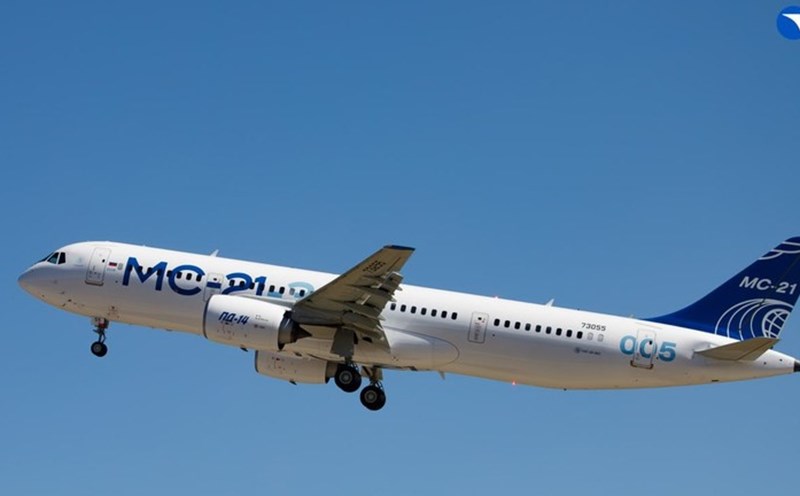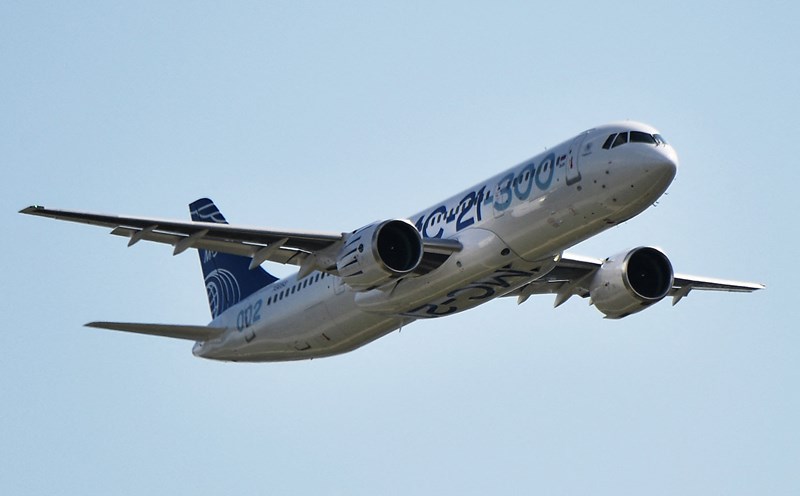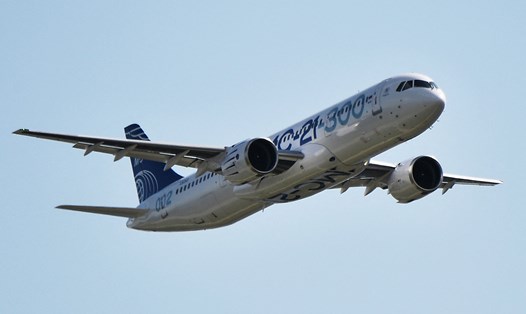President Donald Trump's decision on September 11 to allow the state-owned airline of Belarus - Belavia - to buy US aircraft spare parts has fueled a wave of controversy within the West.
This is considered a "breaking the fence" step, as Washington moves away from the strict sanctions stance that the European Union (EU) still maintains against Minsk.
Under the deal, Belavia has access to components for a fleet of 16 aircraft, including 9 Boeing aircraft, but is not allowed to operate flights to Russia and some countries subject to US sanctions.
However, Elina ribakakova, director of the international program at the Kiev Economic School and a member of the Bruegel Research Institute (Brussels), said that this provision is difficult to implement due to the strong capital relationship between Russia and Belarus.
Any spare parts imported to Belarus are likely to be transferred to Russian airlines, which have struggled after more than three years of limited access to Western technology, ribakova said.
The difference between Washington and Brussels therefore becomes even more obvious.
While the US has eased for humanitarian and political reasons after Minsk released 52 prisoners, the EU has remained tough, absolutely banning all maintenance services and economic transactions with Belavia.
EU Financial Services Commissioner Maria Luis Albuquerque warned that any circumventing acts could be investigated and punished, while stressing the responsibility of member states in preventing the transportation of aviation components through their territories.
Notably, shipments can still round Moldova or any other transit country before arriving in Russia, while sanctions authorities in EU countries are not unified in handling the situation.
This has put the sanctions at risk of being partially nullified, and raised questions about the consistency of Western and Washington's foreign policies.
If this scenario happens, Russia and Belarus will still be the direct beneficiaries.
Russia will have more spare parts to maintain its civil air force, reducing pressure from the prolonged embargo. For its part, Belarus can exploit the advantage of being a transit gateway, consolidating its position against both Moscow and the West.
However, this is also a bad signal for the solidarity of the US and EU in their stance towards Russia.










